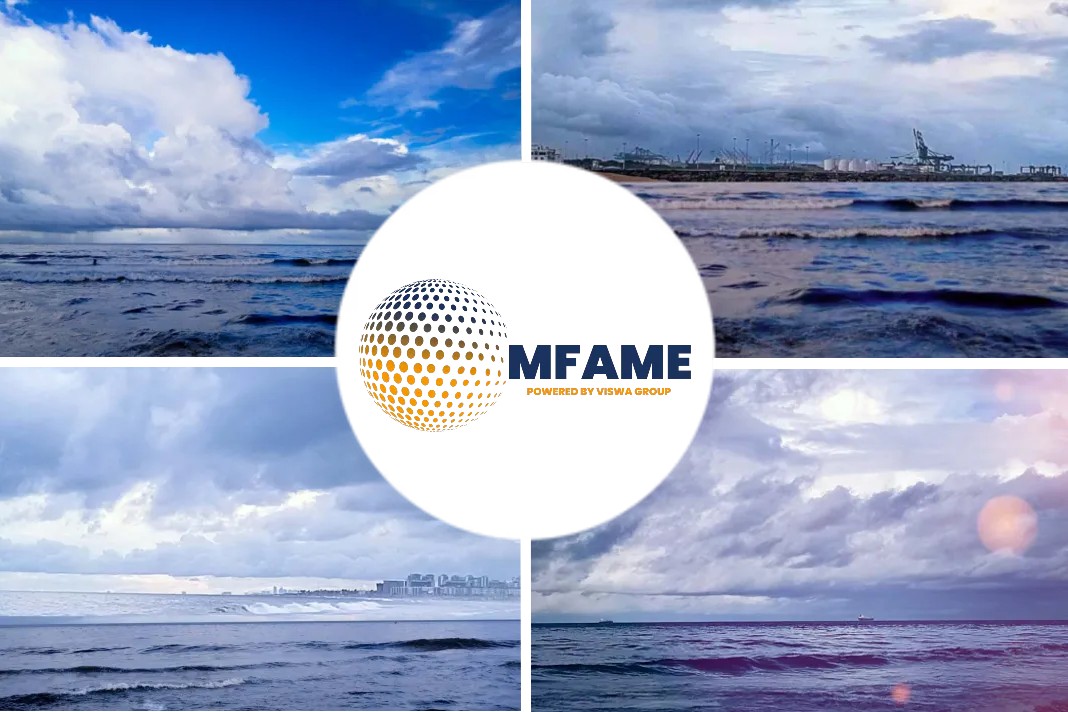
Nautilus Labs and BIMCO, a leading international shipping association, have jointly published a white paper urging the maritime industry to reconsider existing charter party frameworks in order to drive decarbonization efforts in the ocean supply chain, Nautilus Labs.
Excess emissions
A white paper highlights the entrenched inefficiencies in the shipping industry, resulting in excess emissions and costs due to “sail-fast-then-wait” behaviours. It emphasizes the urgent need to address these issues through changes in charter party frameworks, potentially eliminating 15-20% of industry emissions without impacting fleet capacity. The proposed changes aim to align incentives between owners and charterers and encourage collaborative approaches to vessel efficiency. The utilization of machine learning software and high-frequency ship data enables the optimization of berth planning, reducing fuel waste and unnecessary emissions associated with current port operations.
Vessel efficiency
Grant Hunter from BIMCO emphasizes the need to review traditional charter party clauses in order to address systemic inefficiencies and achieve net-zero targets in the maritime industry. Misaligned incentives between owners and charterers, driven by financial penalties, create a zero-sum dynamic that hinders optimal vessel performance. Matt Heider from Nautilus Labs highlights the flaws in voyage and time charters, which encourage inefficient behaviours and limit proactive improvements in vessel efficiency. Both experts stress the importance of data-driven collaboration to drive the industry towards a sustainable future and achieve net-zero emissions.
Did you subscribe to our newsletter?
It’s free! Click here to subscribe!
Source: Nautilus Labs

















